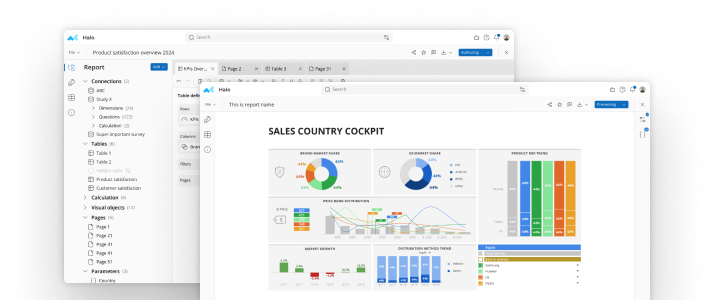Shifting from data fear to a data foundation
Mark Lummas, mTab’s Vice President of Customer Success, on why executives are still not embracing data-driven decisions.

Mark Lummas, mTab’s Vice President of Customer Success, on why executives are still not embracing data-driven decisions.

Q&A with Mark Lummas
Recently, the Capgemini Research Institute released a survey which covered the alignment of technology and data within marketing. The report, titled ‘A new playbook for chief marketing officers,’ surveyed 1,600 marketing executives, 93 percent of which were from companies with $1B+ in revenue in 2020. The survey respondents also hailed from 14 different nations.
One of the most intriguing dimensions of the report was that while 74 percent of respondents are responsible for the data and technology function and 69 percent are responsible for customer experience, upwards of 55 percent say they don’t have access to technology that provides unified views of customer data.
We sat down with Mark Lummas, mTab’s Vice President of Customer Success and General Manager for the Asia Pacific region to get his perspective on these findings and what he’s seeing across the spectrum of brands that he supports and works with.
Q: Mark, does this reported disconnection in data-driven marketing surprise you?
ML: “Given the growth and evolution of technology, it has always been relatively challenging for businesses to keep pace with sheer volume, velocity and variety of data. However, once a brand commits to adopting technology that manages their data complexity there is often a cultural shift from a fear to a foundation of data.
“What surprises me is that a majority of high level brands are still seemingly stuck in this fear stage and are avoiding the advantages data is providing, most likely to their competitors.”
Q: What is the disadvantage of ignoring this data?
ML: “It’s like flying an aircraft through a canyon without radar and instrumentation. Without a comprehensive, multidimensional view of the customer, you’re relying on snapshots of their behaviors which can be misleading. The most concerning aspect is that the vast majority of these individuals say they are responsible for review growth (76%) and customer experience (69%).
“That tells me that too many of these brands are making decisions essentially based on past experiences or guesses. It’s a dangerous way to operate, particularly given the massive shifts in consumer behaviors, supply chains and channel evolutions. There are major changes that are directly impacting businesses on so many different levels, and lacking the visibility to these shifts really puts the brand at a major disadvantage.”
Q: The report discusses internal data, but also indicates a lack of third party data availability. Is this as serious of an issue?
ML: “Both sides -internal and external - of the data coin are important. We work with a spectrum of clients who heavily rely on both to get insight into their business and to benchmark across the industry. Our solutions ingest data from both sides to provide insight. Internal data is very important, but third party data is also incredibly informative since it provides expanded industry-wide, sector-wide or market-wide views and beyond. Overlaying a brand’s internal data with a JD Power, Kantar or Maritz perspective report provides tremendous value when it comes to decision making, strategy, investment and innovation.”
Q: What’s the ideal way to solve this disconnection in data-driven marketing?
ML: “First and foremost it takes a cultural commitment to embracing the data and electing it to use it as an advantage. This brings with it the shift from fear to a foundation. Taking inventory of the available internal data sources is important, but it’s also vital to realize you don’t have to use every available data stream. Small steps can have big impacts. We have a lot of companies we work with that start out in a simple direction and expand quickly to other products, markets and even brands once they see the results and feel comfortable.
“Embracing this approach and the appropriate technology solution is important. Having the ability to integrate and overlay third party data sources onto the internal data streams provides valuable insights and understanding.”
Make smarter decisions faster with the world's #1 Insight Management System.
